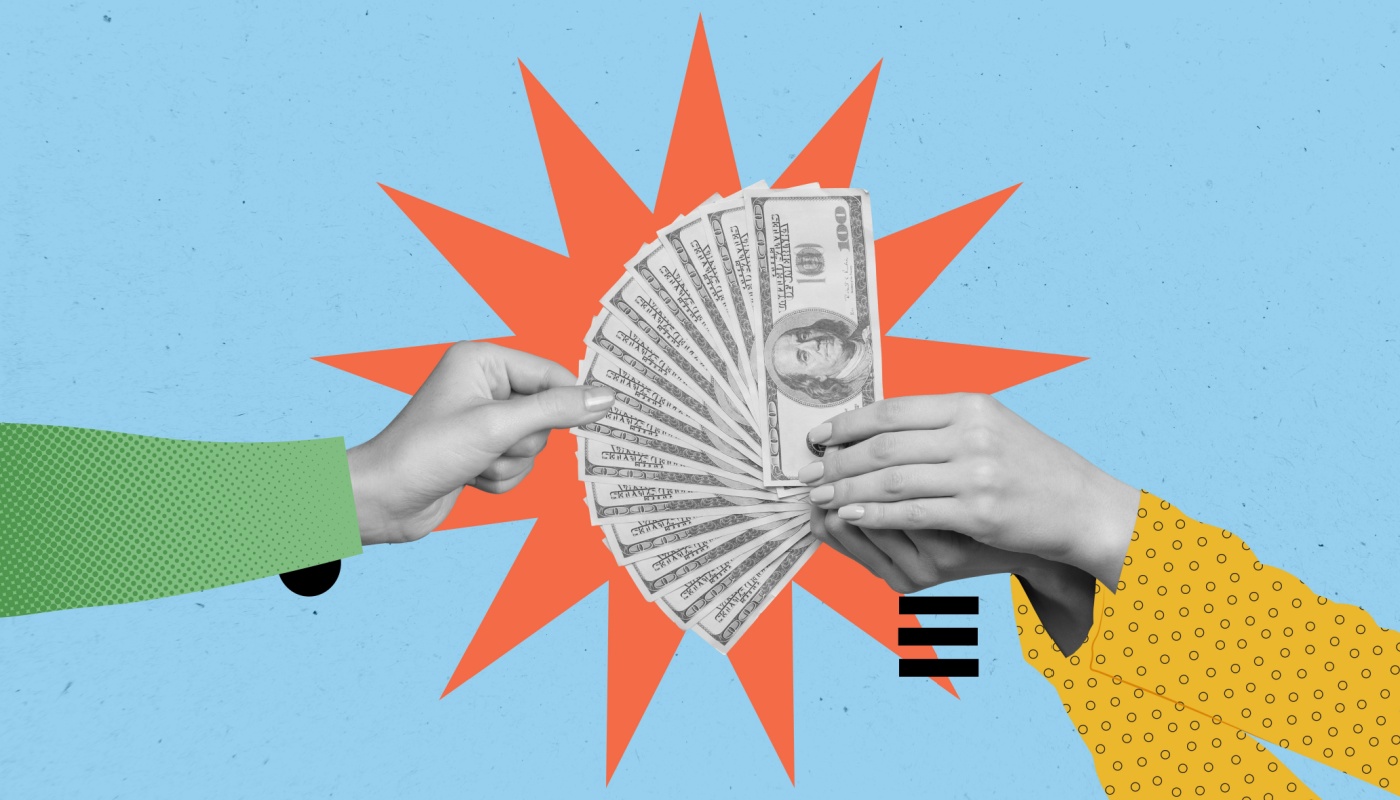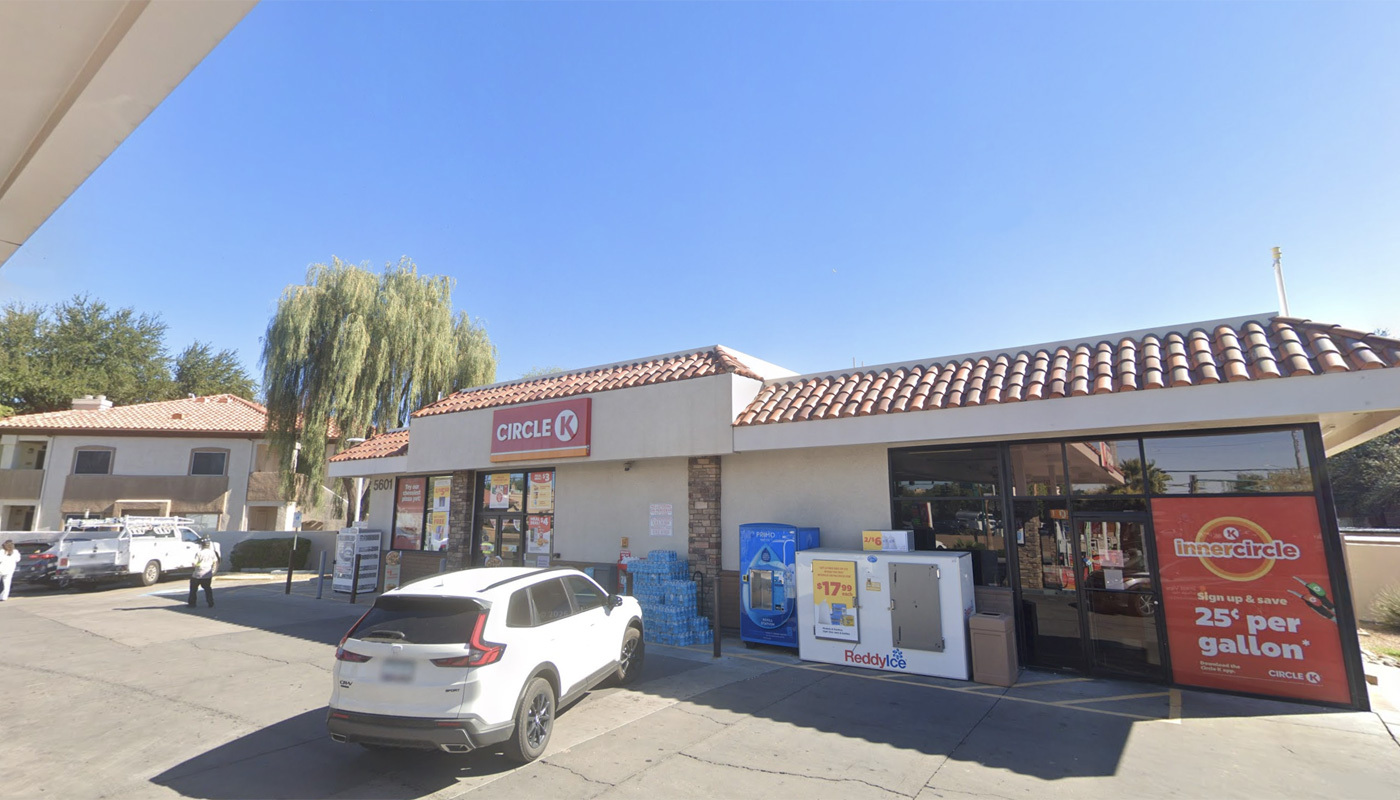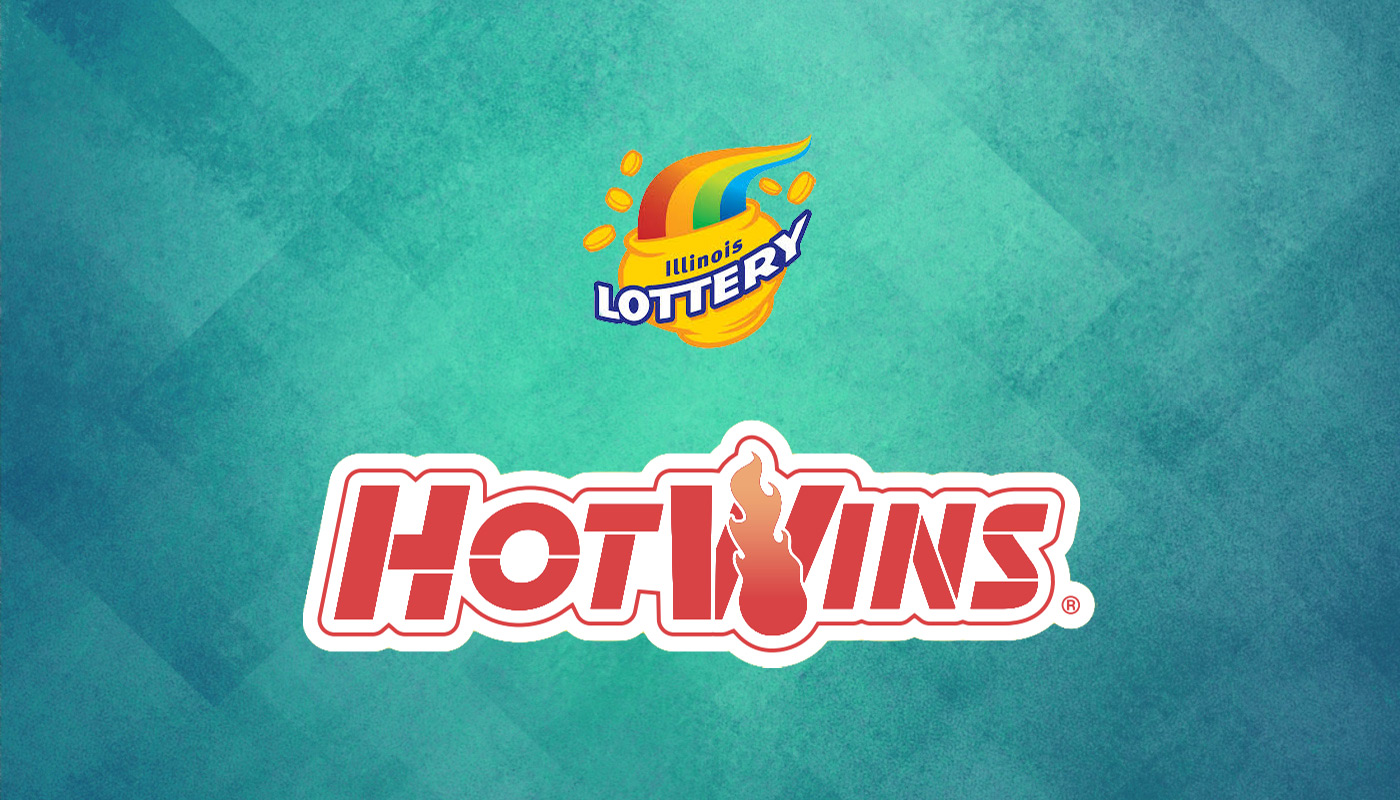
News writer
American lottery players spend around $70 each year on lottery games. Fewer than 1,500 a year hit the jackpot and become millionaires. When they do, they have two options to claim their winnings. They can either take a one-time, lump-sum payment or opt for an annuity with annual payments.
It's easy to see why some people choose the annuity option. It's nice to know you have the financial security of a set amount coming in each year. It can also help winners by preventing them from blowing their money soon after they've received it. But if you choose the annuity payments, there may come a time in your life when you need more money for an emergency. If this is the case, you can, in some situations, sell your annuity to a settlement funding company for a lump sum.
States that allow you to sell your lottery annuity
Whether you can sell your annuity or not depends on the state you live in. Twenty-two states do not permit it. Here are the states that do allow you to sell your lottery annuity:
- Arizona
- California
- Colorado
- Connecticut
- Florida
- Georgia
- Illinois
- Iowa
- Kentucky
- Louisiana
- Maryland
- Massachusetts
- Michigan
- Missouri
- Montana
- New Hampshire
- New Jersey
- New York
- Ohio
- Oregon
- Pennsylvania
- Tennessee
- Texas
- Vermont
- Virginia
- Washington
- West Virginia
- Wisconsin
How to sell your lottery annuity
You may decide that you don't want to have to deal with scheduled lottery payments for the next 20 years. The process of selling your lottery winnings is the same as selling a structured settlement from an insurance company or a lawsuit. The first step is to contact a structured settlement buyer, also known as a factoring company.
Buyers typically purchase all or a portion of your lottery annuity. In this case, they will provide a lump sum of money in return for the right to your future lottery payments. The first thing the buyer will do is give you a quote for how much they are willing to pay you for your future lottery payments. Usually, you do not have to pay for the quote. The buyer should explain the process and answer all your questions.
Because selling a lottery annuity is a legal process, it must be approved by a judge. Once you have filled out your application form, your buyer's legal team will file a claim in state court. Your buyer will explain each step of the court proceedings as they arise and can coordinate with your attorney.
Once the judge has given the go-ahead on your sale, your buyer will pay you the agreed amount in one lump sum in exchange for receiving your ongoing lottery annuity payments. Some buyers may allow you access to a small cash advance at the beginning of the procedure.
How to find the right lottery annuity buyer
Before you decide on a company to purchase your lottery annuity, look for professionals who have financial experience in this area. Make sure you do plenty of research before choosing. Here are some other factors to consider:
- The buyer should make your interests a priority.
- The company should have a Better Business Bureau rating of at least A.
- The buyer should make your interests a priority.
- Ask plenty of questions and get all the information you need.
How much money will I get?
This will largely depend on your annuity and how much money is left on it. However, several other factors come into play. These include:
- The number of payments you wish to sell
- When the payments are made to you
- The ranking of the insurance company that issued your annuity
- Current market rates
- Fees the insurance company charges for the transfer
You will not receive the full value of the lottery annuity payments that you sell. The amount that you will receive is subject to a discounted rate. This rate is set by individual purchasing companies and is typically between 9% and 18%.
The discount rate explained
Each quote you receive from a potential annuity buyer includes a discount rate. This rate is the annual rate of return that the structured settlement company needs to provide your cash upfront. Because of this, no matter which buyer you choose, you will receive less money than the value of the payments you sell.
For example, if your remaining annuity payments amount to a total of $150,000 over the next 10 years, you will not receive the full $150,000. Instead, the buyer will apply the discount rate to calculate how much your total annuity is worth to them today. Their offer will be based on that number.
Structured settlement companies typically apply a discount rate between 9% and 18%. The lower the discount rate, the more money you will receive. Because of the variance in discount rates, it's important to shop around and get quotes from several annuity buyers before you make your decision. That way, you can ensure that you're getting a fair deal.
Your lottery annuity sale options
You do have some flexibility when it comes to selling your lottery annuity. You can choose between these three options:
- Whole annuity: When you sell your whole lottery annuity, you will receive a lump sum payment from your buyer, and you will no longer receive any annual payments from the lottery.
- Partial annuity: If you do not wish to sell your entire lottery annuity, you may sell a certain number of your future payments. You will receive a smaller lump sum, but you will resume receiving lottery annuity payments when the period of the sold payments has passed. For example, if you sell your annuity payments for a six-year period, your annuity payments will begin again in year seven.
- Portion of dollar amount: Alternatively, you can sell a percentage of each annuity payment for a designated period of time. In this case, you will receive a small lump sum but continue to receive regular annuity payments of a lower amount.
Because your circumstances often change over time, you may initially choose to sell part of your annuity or a portion of the dollar amount, then wish to change your disbursement schedule. Some buyers will allow you to change your schedule after the first year for an additional administrative fee.
Why people sell lottery annuities
There are several common reasons why lottery jackpot winners choose to sell part of or all their lottery annuities. These include:
- Loss of employment: If you lose your job due to an accident or sudden illness or you are no longer able to work, you may need to sell your annuity for a full or partial lump sum to help you with medical and household bills.
- High-interest debts: The weight of high-interest debts can be crippling. You may want to sell all or part of your lottery annuity to alleviate the pressure of the high interest, which will save you money in the long term.
- Education: You may wish to sell all or part of your lottery annuity to pay for further education for yourself or a family member. This could save you money on student loans and, if you are getting an advanced degree, increase your earning potential.
- Investment opportunities: Selling your annuity can give you cash to use for a new investment opportunity, such as starting your own business or investing in another property.
The pros and cons of selling your lottery annuity
Here's a rundown of the pros and cons of selling your annuity:
Pros
- You will have access to a lump sum of cash quickly.
- You can use the cash to alleviate a financial crisis or invest in your future.
- You can save or earn money in the long term by earning a return on an investment or paying off high-interest debts.
Cons
- You will not receive the full value of your lottery annuity.
- If you sell your entire annuity, you will no longer have the financial security of regular payments.
- You risk making bad decisions for your cash.
Whether or not to sell your annuity payments is a big decision that should not be taken lightly. You should take time to carefully consider and evaluate your financial needs for now and the future. You should also talk to a financial advisor about your annuity's current value and the terms that the buyer is offering to see if and how these meet your financial goals. Don't forget to think about tax implications and fees related to selling your lottery annuity.


















Comments